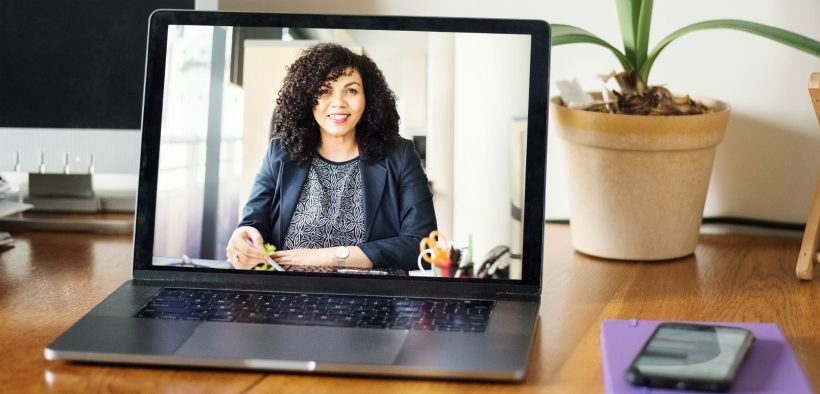Guest speakers can be powerful mechanisms to promote student learning and provide additional perspectives on course material. They can help students grasp topics that require more expertise than the instructor may possess and offer insight into the day-to-day workings of a particular career path. Still, the logistics of inviting experts into an asynchronous course or unit can be a barrier to implementation.
Interviews with Experts: An Active Learning Technique for Asynchronous Courses

Related Articles
I have two loves: teaching and learning. Although I love them for different reasons, I’ve been passionate about...
Active learning is a mostly meaningless educational buzzword. It’s a feel-good, intuitively popular term that indicates concern for...
Perhaps the earliest introduction a student has with a course is the syllabus as it’s generally the first...
Generative AI allows instructors to create interactive, self-directed review activities for their courses. The beauty of these activities...
I’ve often felt that a teacher’s life is suspended, Janus-like, between past experiences and future hopes; it’s only...
I teach first-year writing at a small liberal arts college, and on the first day of class, I...
Proponents of rubrics champion them as a means of ensuring consistency in grading, not only between students within...







